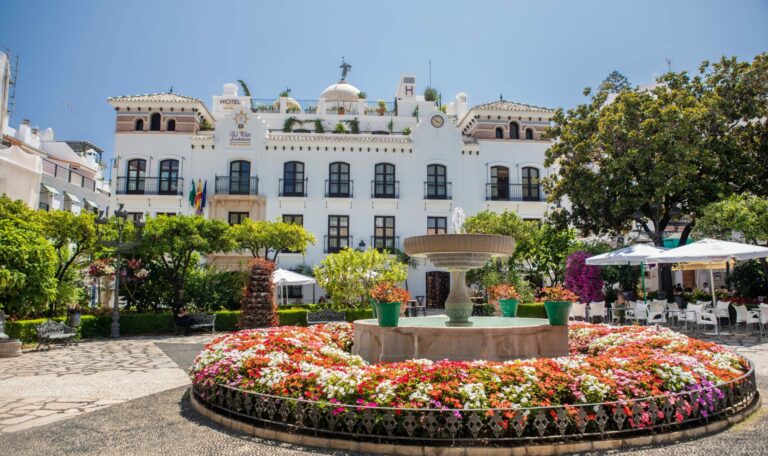Teleworking
Remote working has changed the traditional ideas that we have on work, business, location and living. However, when your company or clients are based on a different economic jurisdiction, there is a conflict on where you pay tax, national insurance cover and social security contributions.
In summary, you are contributing to a country, while living in another, using the services and enjoying the lifestyle.
To regulate this situation, on the 23rd of December 2022, the Spanish government finally approved the special digital nomad visa and fiscal regime for startups. The law is approved and in force, but as most of the administrative tools and protocols are not yet in place, our advice is to wait until all that work is finalised, before submitting any applications, which is expected for the end of March, beginning of April 2023.

What do I need to apply?
The base for granting this Visa is the fact that you either work as an employee for a foreign company that allows you to work remotely, or you are self employed and your clients are abroad. In this second scenario, you could also have some clients in Spain, but not exceed 20% of your overall business income. The key concept is continuity, so the work that you do here must match exactly what you were doing before moving to Spain.
If you are eligible for this Visa, you must be able to submit proof and evidence on the activity, background, authenticity of the company that employs you and continued activity in case of self-employed. Some of those requirements are the following:
• A degree obtained as graduate or postgraduate of prestigious universities, vocational training and business schools of recognised standing, or professional experience of at least three years in the position or activity you will develop.
• One year of real and continued activity by the company that hires the applicant.
• Credentials proving that the working or professional relationship can be undertaken
remotely.
• Proof of the working relationship between the applicant and the employer (for at least three months), and proof on terms and conditions of the activity.
• Certificate of social security coverage issued by your country of origin, or certificate issued by the Spanish social security with registration of the foreign company as employer.

Types of licenses , where to apply and duration.
Depending on each scenario and circumstances, the type of permission required would vary.
Residency permit for digital nomads.
When the applicant is already legally in Spain, even as a tourist, he/she can apply for this special residency permit, that allows them to live and work in Spain as a teleworker. Duration of the permit is as follows:
– Initial period of 3 years.
– It is renewable for a further 2 years period.
– After those 5 years, the applicant could request the Spanish permanent residency
permit, that has a validity of 5 years.
Residency permit for digital nomads is processed by the Unidad de Grandes Empresas y Colectivos Estratégicos, located in Spain. Manzanares will assist you in the process, submit the application, and handle the whole process from here.
Visa.
In case the applicant is abroad, and therefore is not possible to apply for the residency permit directly in Spain, he/she can apply for this special type of visa.
The duration of this visa will match the working period, being the maximum term 1 year.
Once the year has passed, in case the work circumstances continue, the applicant can apply for a residency permit.
The visa applications are submitted at the relevant Diplomatic and Consular Offices. Manzanares will assist you in the process, however the applicant must attend the Consulate in person, and submit the documents required.
Family re-unification.
Both digital nomad residency permit and visa, allow family re-unification. The relatives that can be included are: husband / wife / non-married partner; children under 18; and elder children / parents / ascendants that are economically dependent of the applicant.
Information supplied by Lawyers at Manzanares Abogados in March 2023.






